HS2: What happens next? The chaos of the land left behind after the cancellation of the high speed rail project
The failed northern leg of HS2 has left thousands of people whose land was purchased for the high speed rail scheme in the lurch. Lucy Denton reports on the latest.

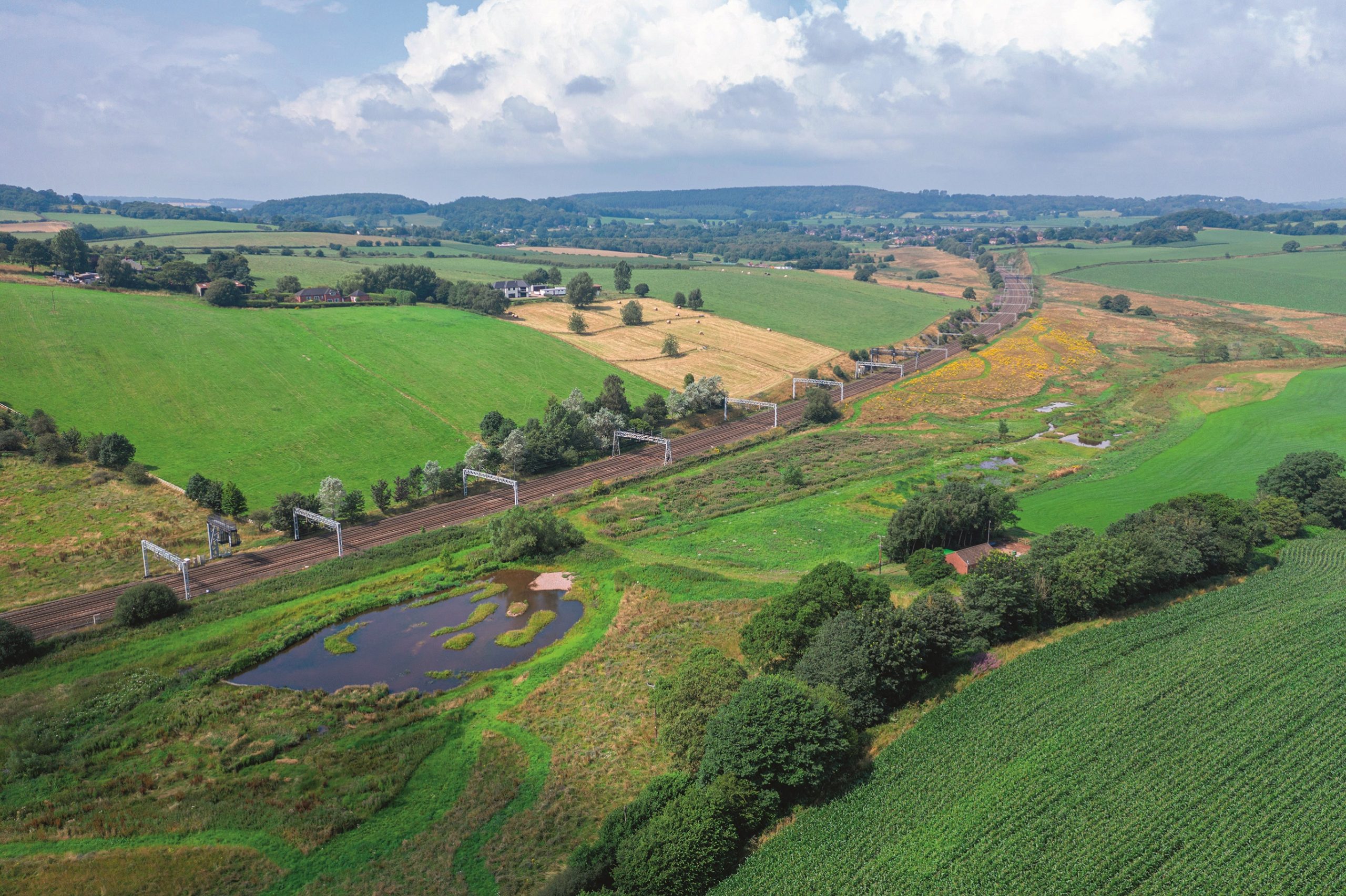
Exquisite houses, the beauty of Nature, and how to get the most from your life, straight to your inbox.
You are now subscribed
Your newsletter sign-up was successful
'It’s gone from consultation to confrontation,’ says Edward Cavenagh-Mainwaring, landowner and farmer of the Whitmore Hall Estate in Staffordshire, 260 acres of which was acquired by HS2 Ltd only days before the intended route of the phase 2a section was axed. ‘I feel the compulsory purchase process is blunted,’ he explains, ‘and it’s bruising. It’s never going to be easy, but if I’m going to fall on the sword of national interest, I expect to be paid fairly, and not have to fight for compensation. And it is a constant fight with HS2 for what has been lost.’
He is not alone in his concerns, not only about why HS2 went ahead, but what happens next.
Prime Minister Rishi Sunak’s shelving of the second leg of what was billed as Europe’s largest infrastructure project, originally intended to connect Birmingham with Manchester via a high-speed railway route, is a big relief for many, but little consolation for others. The aftermath has revealed a patchwork of compound effects — from run-down buildings and redundant land to severed farms and faltering optimism for economic renaissance and the Northern Powerhouse all at the cost of multi-millions from the public purse. ‘There isn’t compensation for the emotional loss of land you have looked after,’ adds Mr Cavenagh-Mainwaring, ‘or for your future plans for it.’ Some are thoroughly dismayed, including Cheshire East Council with its plans for Crewe, intended as a focal point of £750 million-worth of regeneration as part of the development. ‘The full consequences facing Crewe and the borough following the decision to scrap Phases 2a and 2b of HS2 are unknown and they may not be understood for several years, but the economic opportunity cost alone is unprecedented’, says a council spokesperson.
"It will never come to a neat end"
Others on country domains are mighty pleased. ‘Its cancellation is an absolute godsend’, says Ben Fitzherbert of the Swynnerton estate, a significant landholding spanning parts of Staffordshire and Shropshire, which provided the largest, privately owned stretch of terrain via compulsory purchase for the Phase 2a route.
‘We were due to be hugely affected,’ he adds and, although cutting up the farmland on this centuries-old estate has now been avoided, Mr Fitzherbert cites years-worth of wrangles with the HS2 enterprise for no tangible benefits and hefty sums spent on legal fees.
‘We have only lost a small portion of land, but have been left with two HS2 construction sites and have no idea when we will get the land back, together with the fields surrounding them, which have now become totally overgrown.
'Land taken for the routing of a gas pipe has been fenced off and left, and we have not been able to farm this field for two years now — and it is a mess. And all the environmental offsets, including trees planted by HS2 with enormous deer fences, are a complete waste of taxpayers’ funds. There has been a loss of goodwill. It will never come to a neat end.’
Exquisite houses, the beauty of Nature, and how to get the most from your life, straight to your inbox.
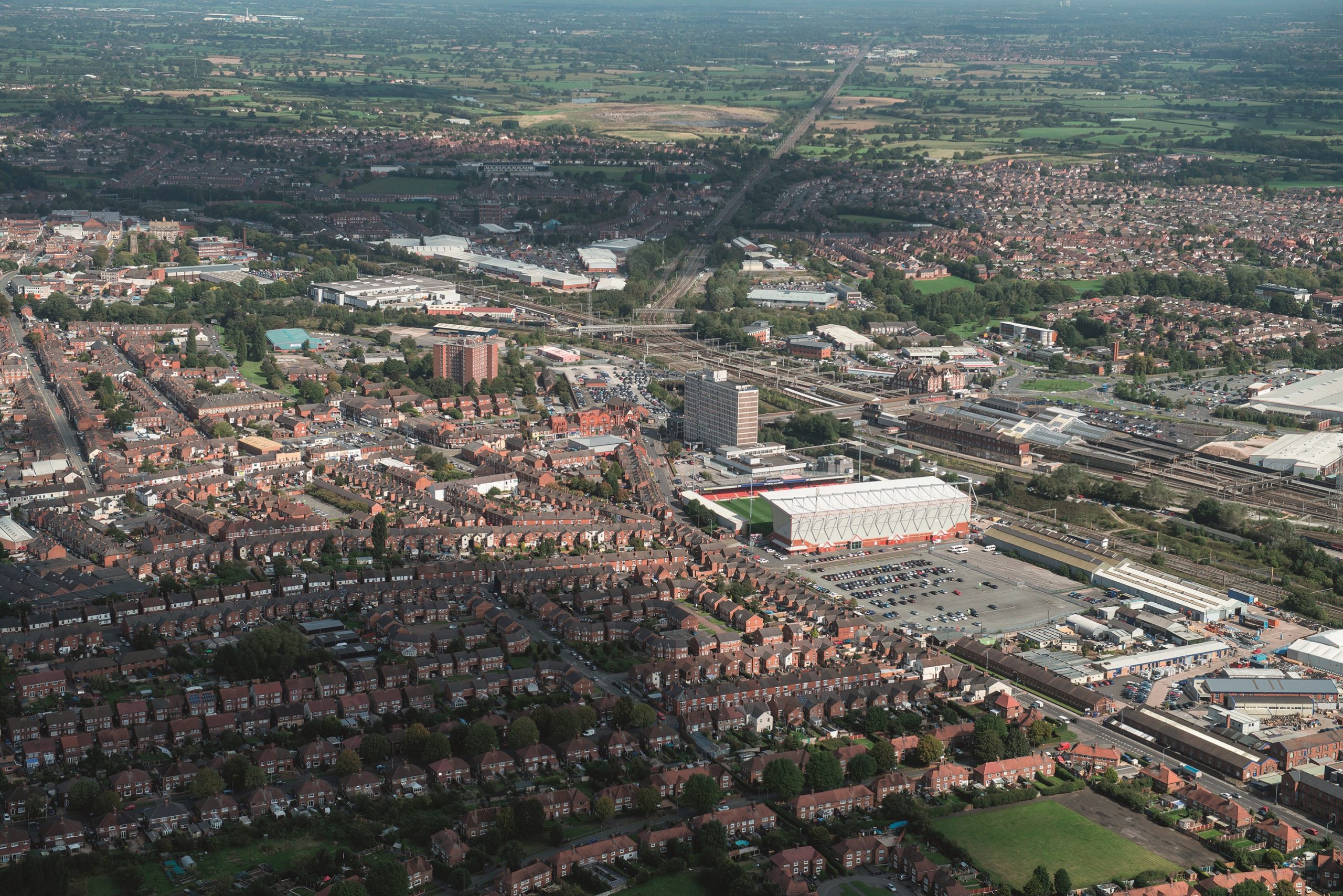
It is inevitable that foisting a titanic work of engineering on the complexities of the countryside would bring about disruption, but the emotional drain of surrendering property has taken its toll on many families either potentially forced to stay in place as works went on around them or those compelled to vacate homes of decades, leaving some historically noteworthy houses empty, at least for now. A spokesperson for HS2 Ltd says, however, that ‘79% of lettable residential and agricultural properties in our managed portfolio are currently let. Others are either being refurbished, on the market or are not financially viable to bring up to a lettable standard. It’s vital that we meet compliance standards in order for any property to be let’.
Some holdings along the route were split up, others acquired outright. Land at Andrew Collier’s Manor House Farm at Ingestre, Staffordshire, where he and his family had lived for many years, was acquired by HS2 Ltd via compulsory purchase, partly for the Trent Valley viaduct and partly for conversion into what was a replacement golf course under temporary acquisition powers.
‘They have made both blocks unsuitable for farming,’ says Mr Collier, ‘and because it has taken them 2½ years to pay for land, we have had three years living off savings because we couldn’t farm it. HS2 has caused the family considerable stress running on for seven years, and we’ve had to spend thousands of hours of our own time without payment. I lost my farm and business, whereas Ingestre has now got two golf courses.’
Perhaps there could have been a more integrated way of organising the project in the first place. ‘Moving community facilities, such as cricket clubs, homes or wedding venues, rather than simply demolishing them, should have been considered properly,’ says Henry Brooks, managing director of the Tatton Group, a property-management company based in Altrincham, Cheshire. ‘Otherwise, although the HS2 contract said, in their words, that it was to act as a catalyst for growth and help level-up the country, HS2 said they only had the mandate to get the powers necessary to build and operate a railway. There is a disconnect here. It should have been more joined up.’
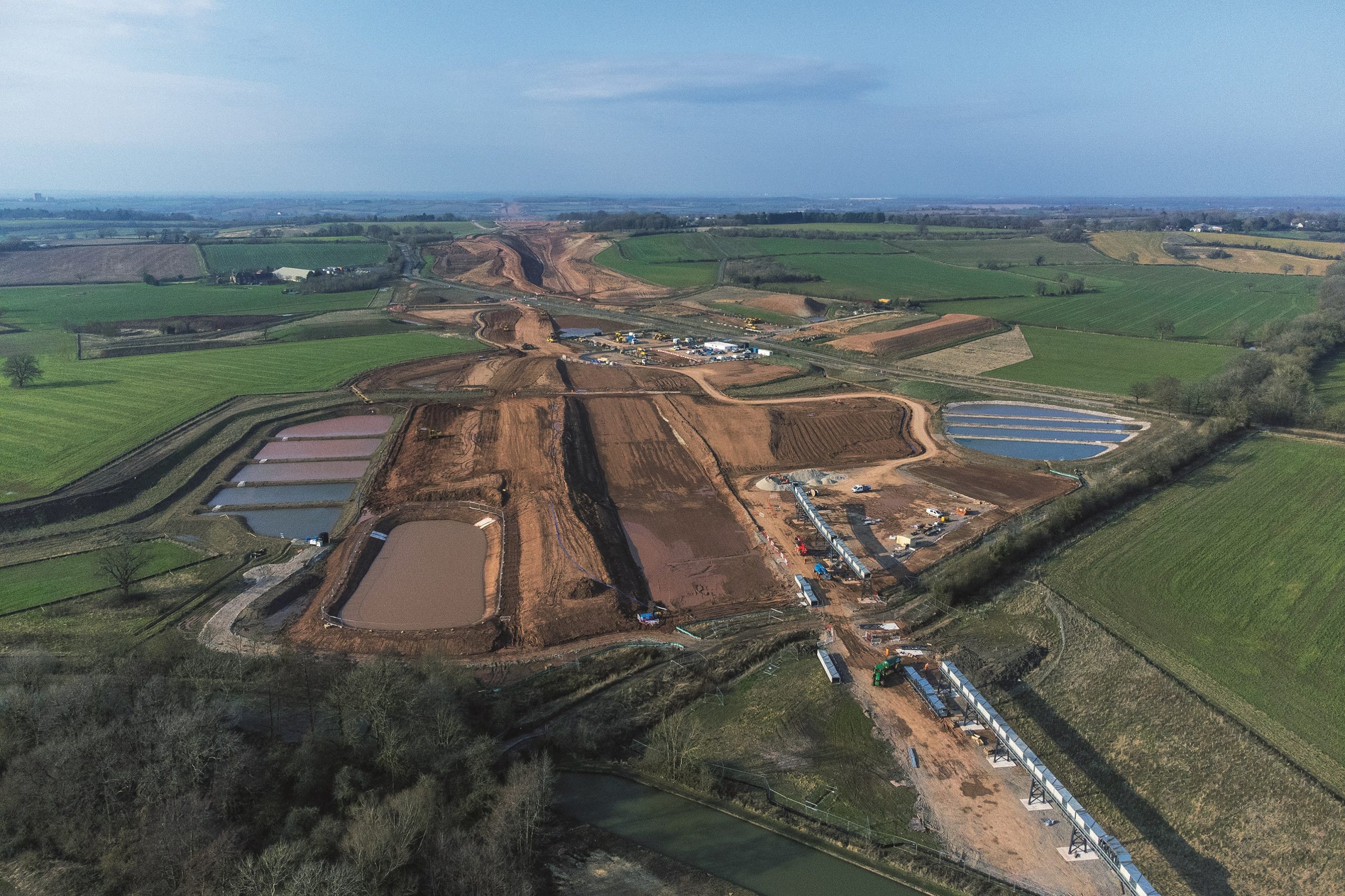
A piecemeal approach might have added to anguish about delays in resolving what will happen to property acquired for the line, as there is now a lot of unpicking to do. ‘It’s also worth remembering that almost all our railways were built by Victorians who did this better via private companies and capital, truly working with home and business owners, and with clauses in their Hybrid Bills obliging them to finish when they had started. The Government didn’t have that clause in the 2a Bill,’ adds Mr Brooks.
A Department for Transport spokesperson points out that ‘we are currently developing the programme for selling land no longer needed for HS2 and will set out more details in due course. We will ensure our approach provides value for the taxpayer and will fully engage with the communities who are affected throughout this process’.
But both the NFU and CLA are pushing for quicker solutions, given what must seem like an interminable wait. ‘The Government must immediately cancel safeguarding and return all land no longer required on all phases of HS2, and ditch HS2 Ltd’s bureaucratic systems that delay payments of essential compensation,’ says Victoria Vyvyan, president of the CLA.
She adds that ‘the Government should ensure that individuals and small businesses never again have to carry the burden of large infrastructure schemes’. Surely, now is the time to get it all fast-tracked.
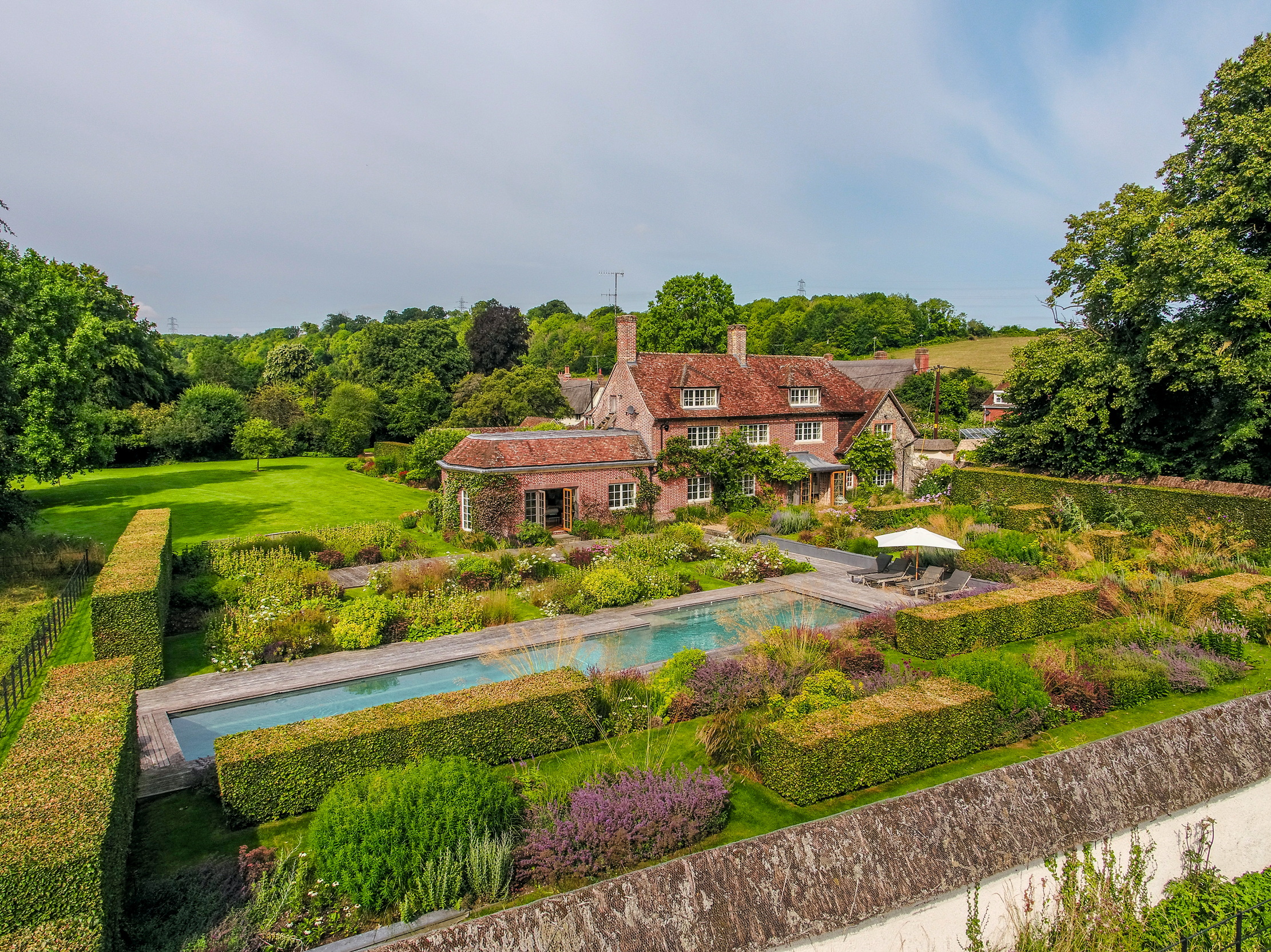
Credit: Strutt and Parker
Best country houses for sale this week
An irresistible West Country cottage and a magnificent Cumbrian country house make our pick of the finest country houses for
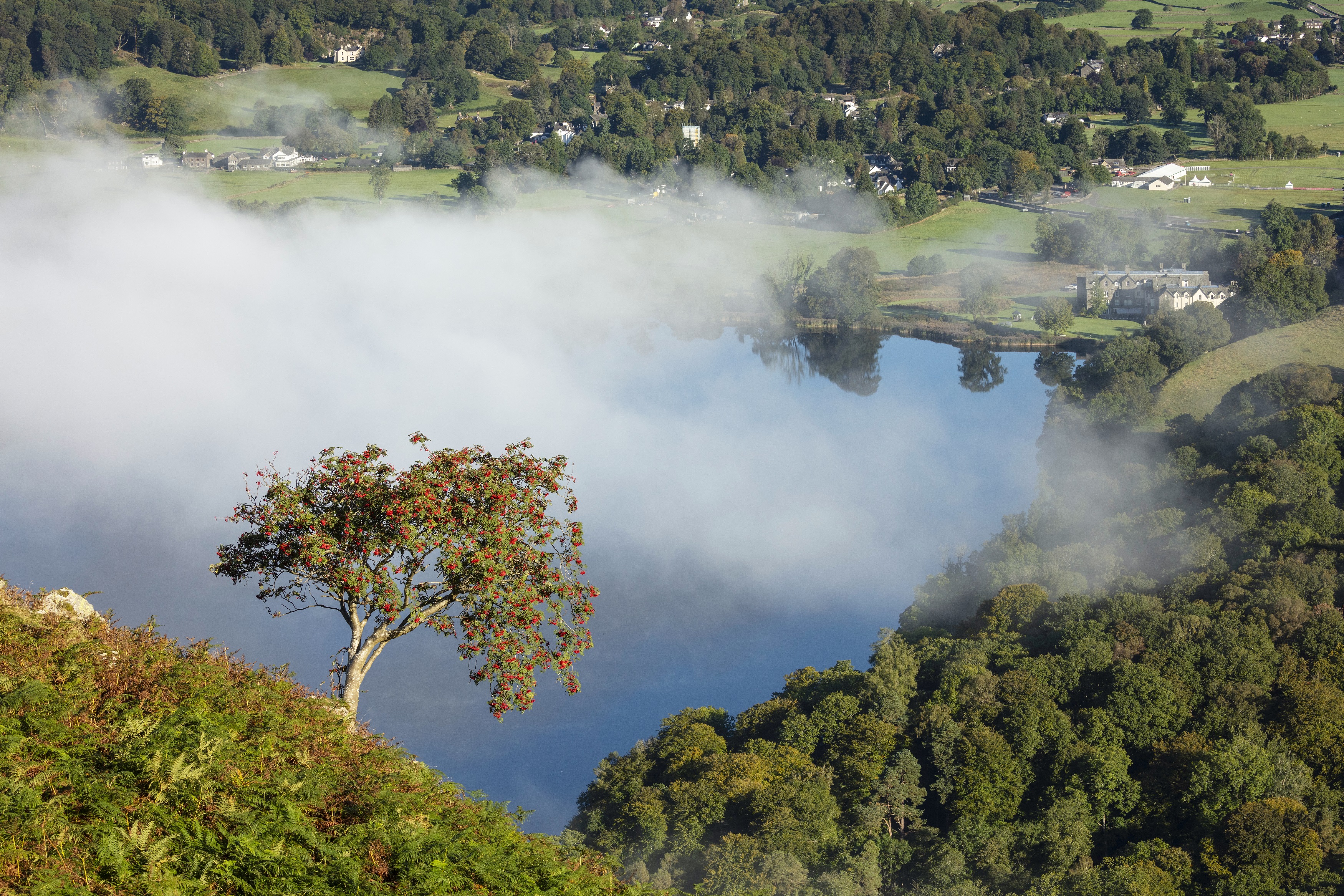
The magic of the Rowan tree
When it comes to driving away witches or keeping off evil, nothing beats the rowan tree, with its gleaming scarlet
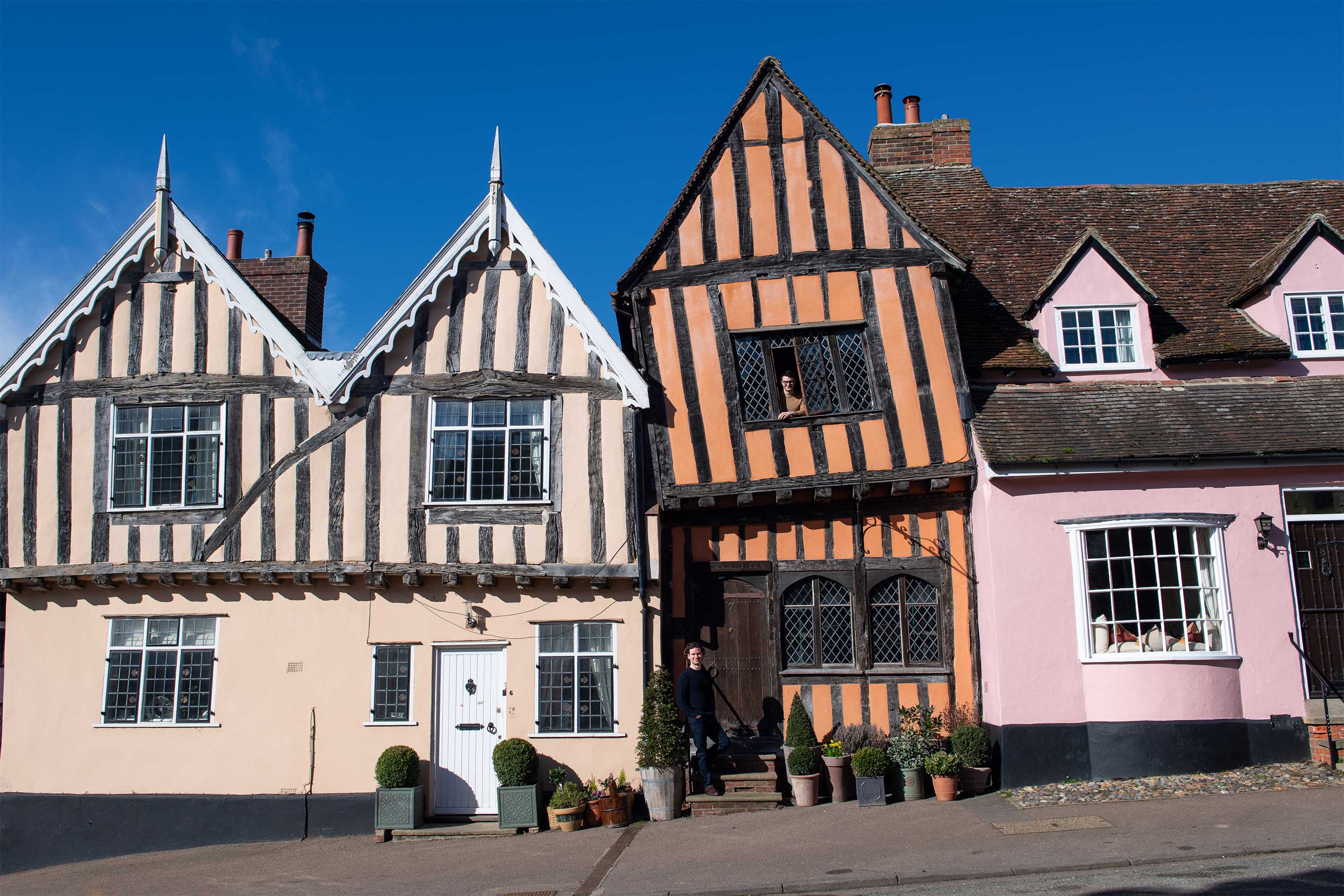
Britain's most eccentric crooked buildings, from the pub that looks tipsy to the church that leans more than the Tower of Pisa
Warped, twisted and wonderfully wonky, who can fail to be intrigued by the quirky glory of Britain’s medieval buildings? Rob
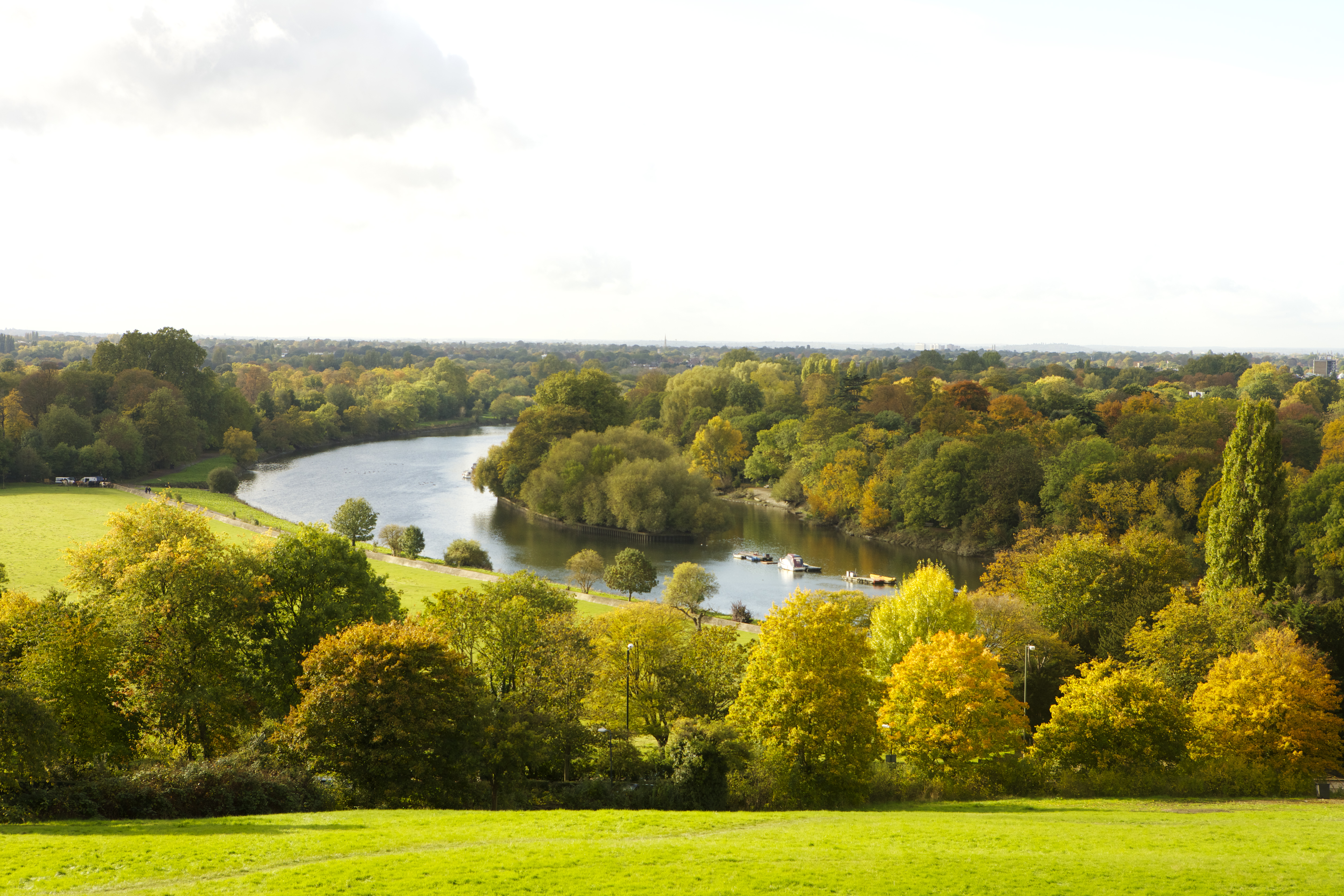
The happiest place to live in Britain has been named — but it's going to cost you to live there...
Britain's happiest place to live has glorious parks, high-end boutiques, riverside walks and a plethora of restaurants — plus excellent transport
Lucy Denton is a writer and architectural historian. She has worked for Adam Architecture, Sotheby’s and ArtUK, and has written for Hudson’s Historic Houses and The Times. She writes regularly for Country Life.

